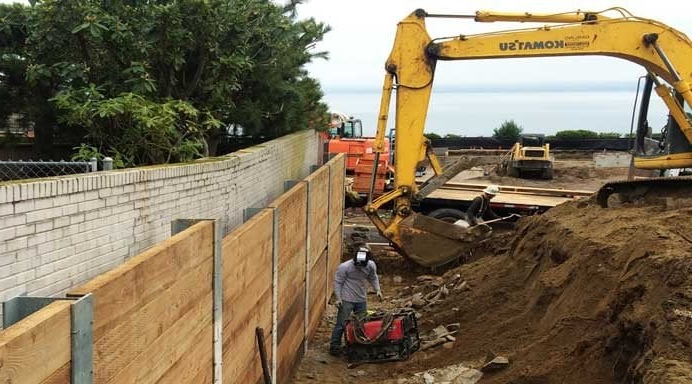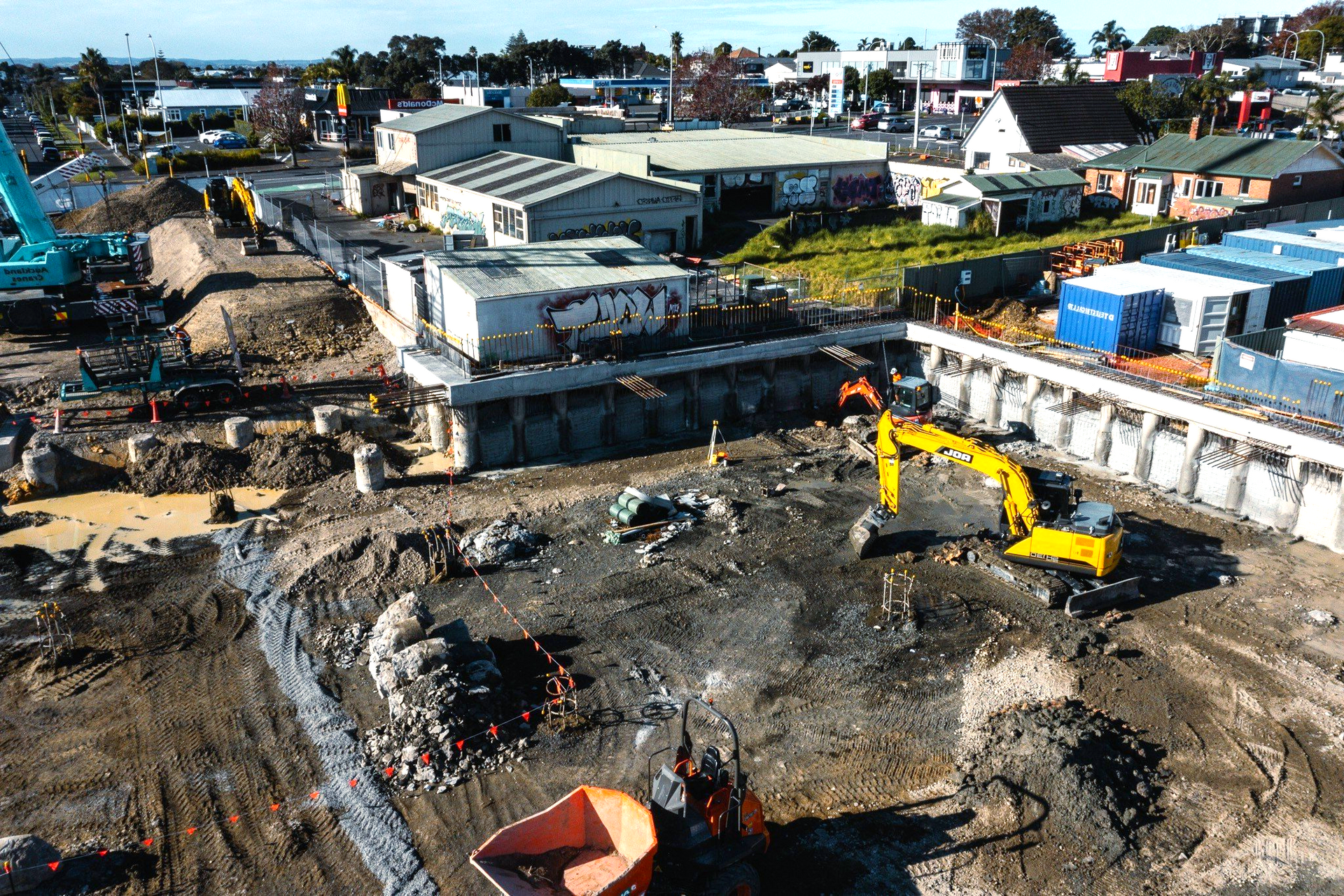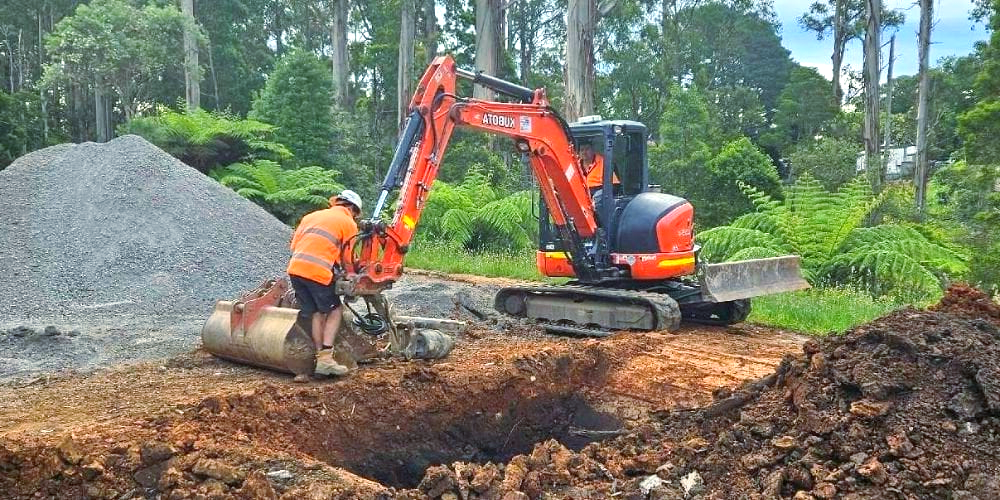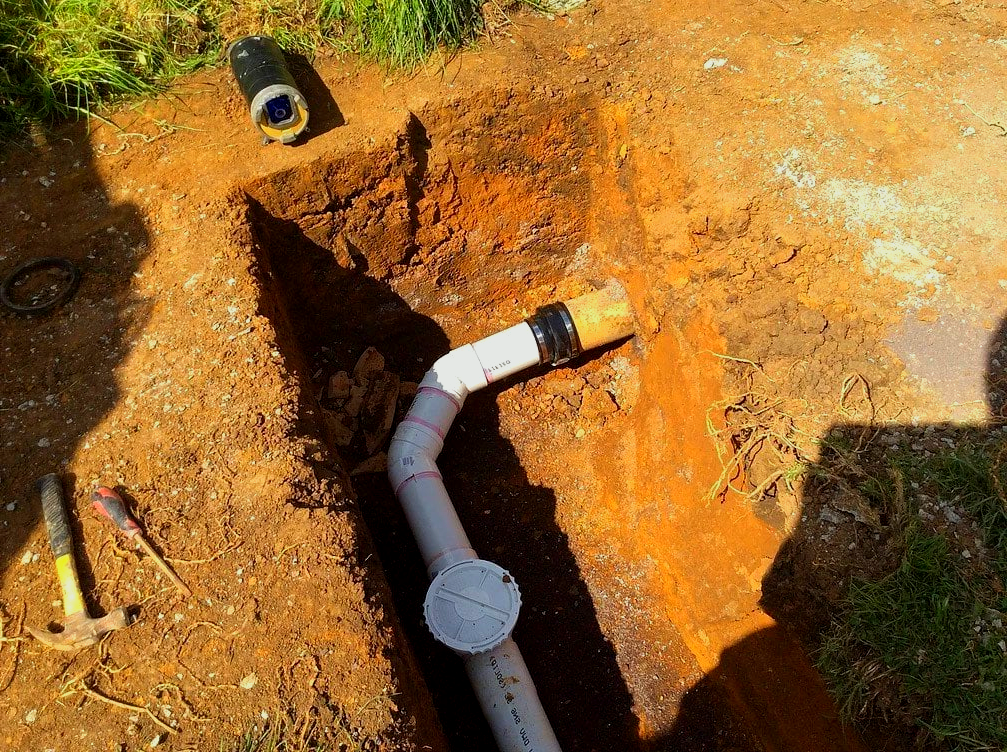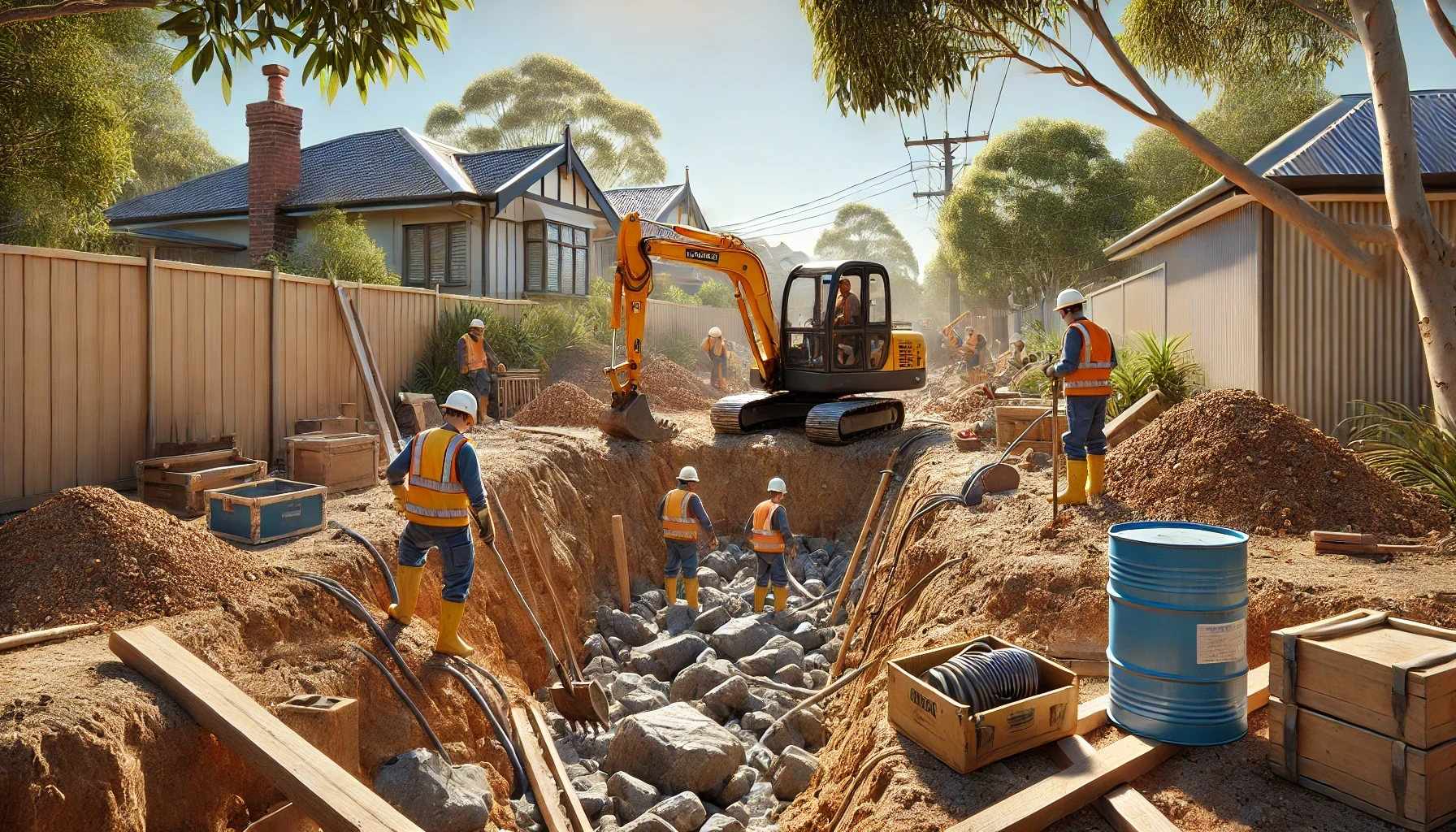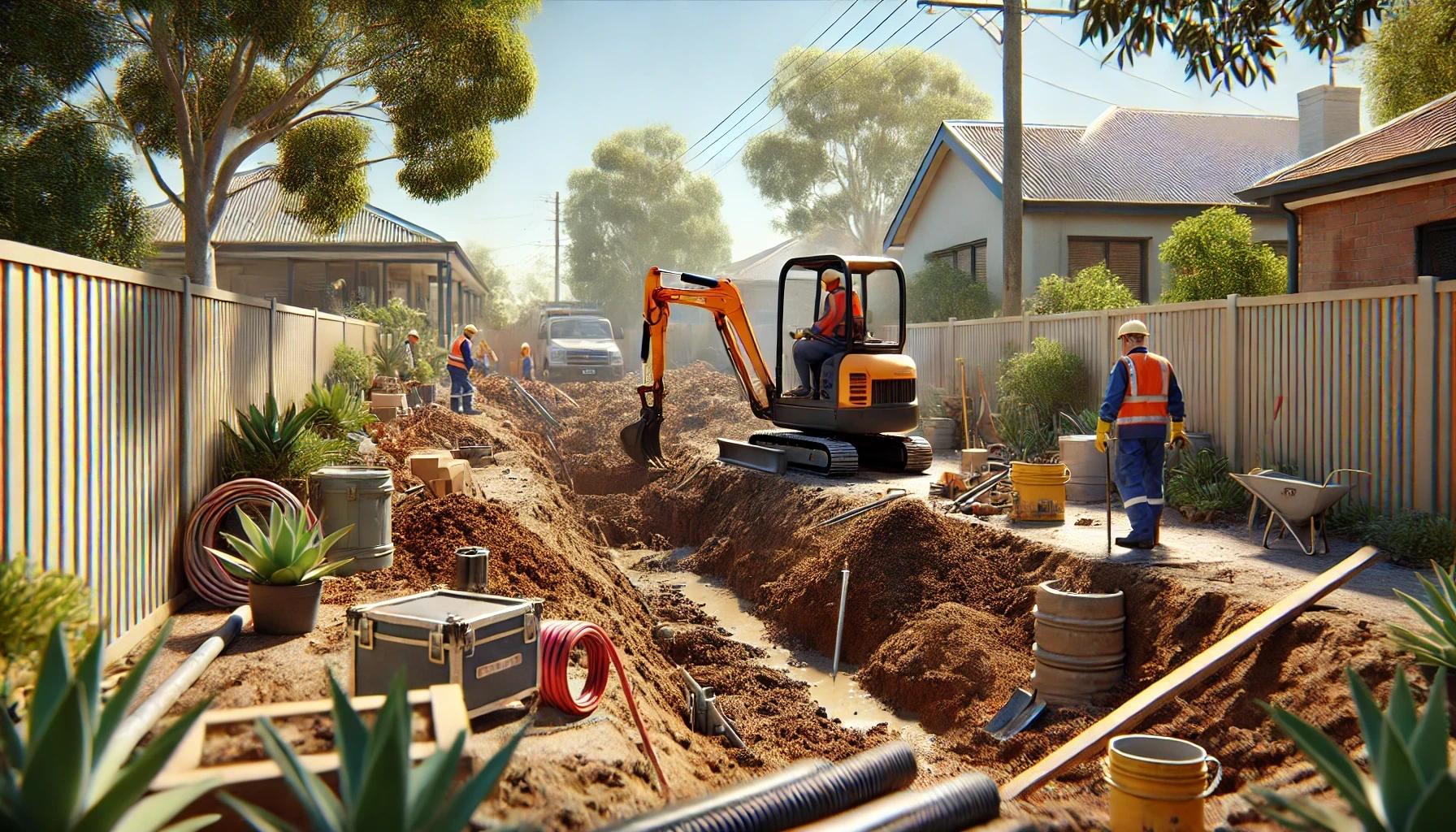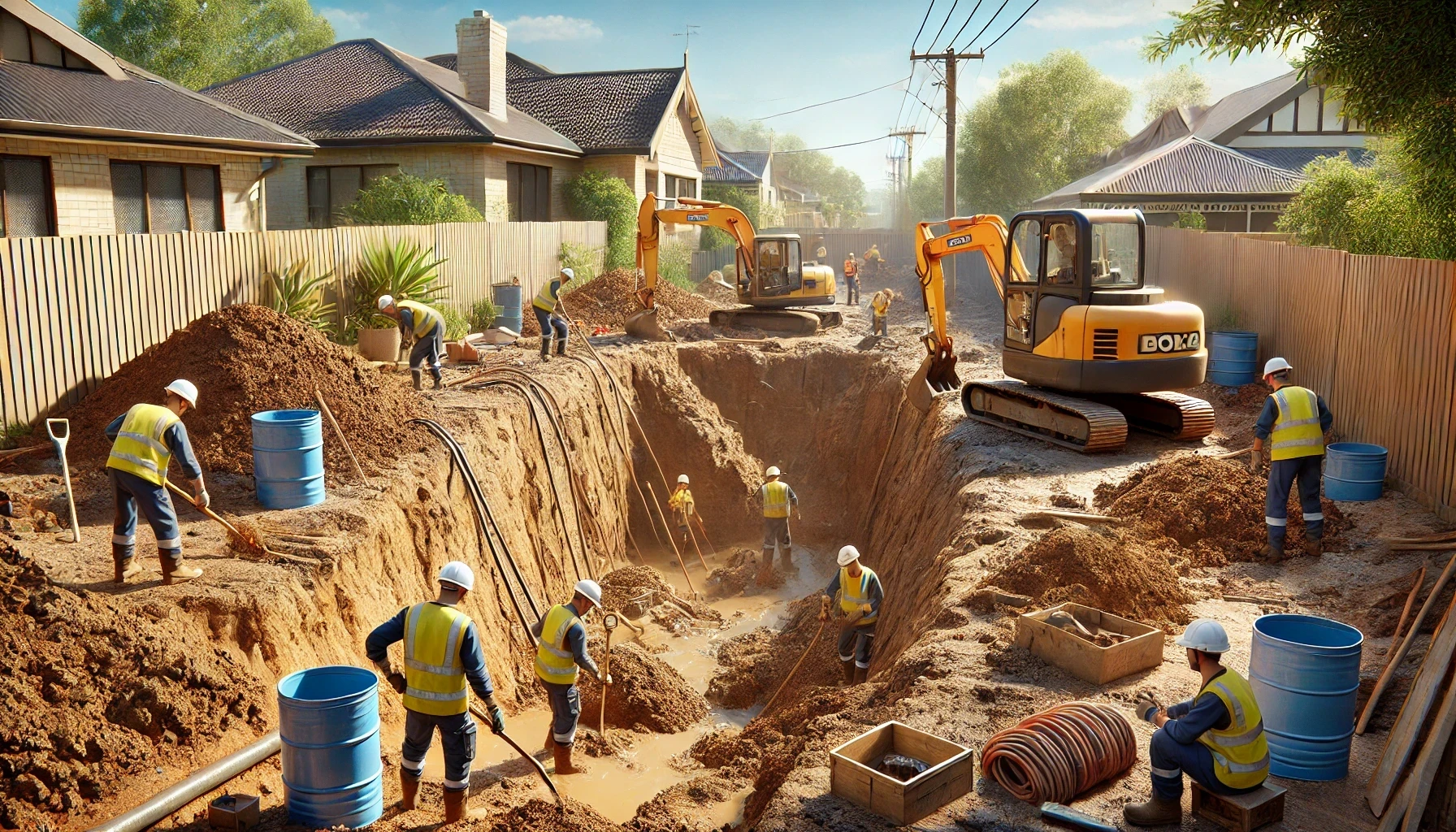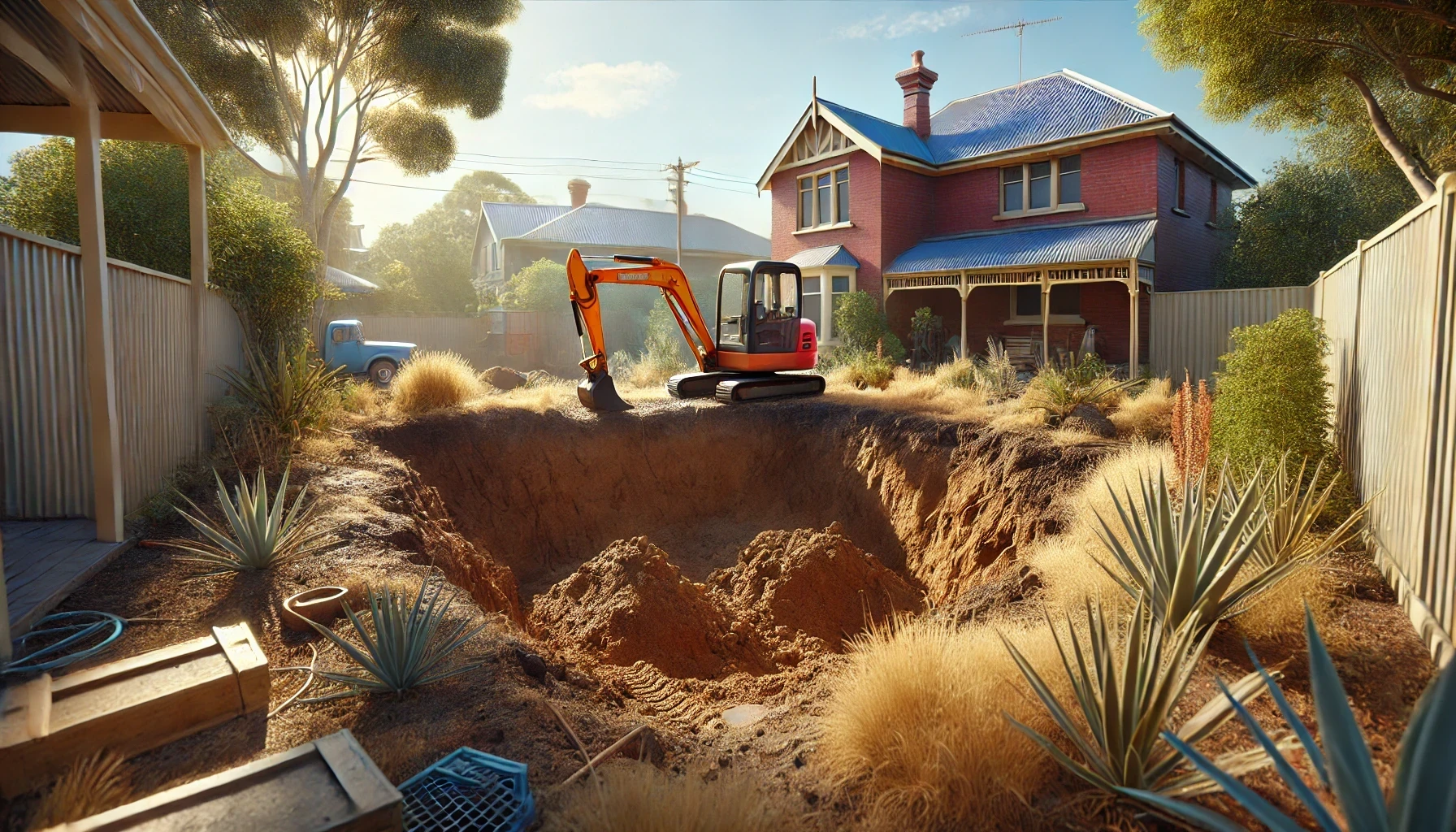Importance of Soil Testing in Excavation Projects in Newcastle, NSW: Essential Steps for Successful Earthworks
Soil testing plays a crucial role in excavation projects, especially in Newcastle and the Hunter Valley's diverse geological landscape. Proper soil analysis ensures project safety, efficiency, and cost-effectiveness by providing vital information about ground conditions before excavation begins. At Excavations Newcastle, we prioritise thorough soil testing to deliver optimal results for our clients.
Our team understands the unique challenges posed by Newcastle's soil composition. We employ advanced testing methods to assess soil strength, stability, and potential hazards. This proactive approach allows us to tailor our excavation strategies, select appropriate equipment, and mitigate risks effectively.
By conducting comprehensive soil tests, we can identify issues such as unstable ground, high water tables, or contaminated soil early in the project lifecycle. This foresight enables us to develop targeted solutions, ensuring smooth project execution and minimising unexpected delays or additional costs.
Key Takeaways
- Soil testing enhances project safety and efficiency in Newcastle excavations
- Comprehensive analysis helps tailor excavation strategies to local conditions
- Early identification of soil issues prevents delays and unexpected costs
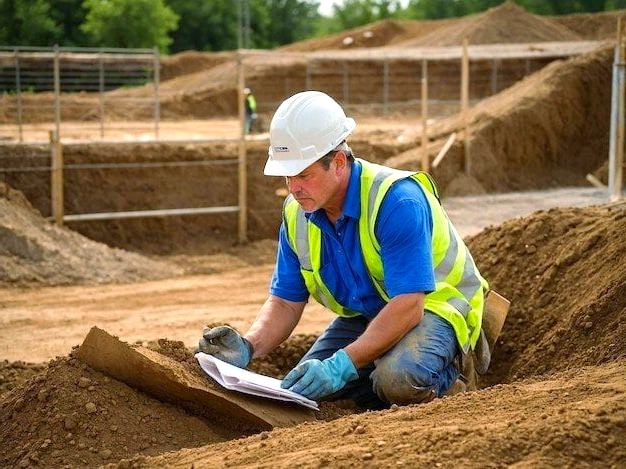
Overview of Soil Testing
Soil testing is a crucial step in excavation projects. It provides essential information about the ground conditions, helping us plan and execute our work safely and efficiently.
Significance of Soil Testing
Soil testing helps us understand the composition and properties of the earth we're working with. We can determine soil stability, moisture content, and load-bearing capacity. This information is vital for selecting appropriate equipment and techniques. Proper soil testing reduces project risks and potential delays. It allows us to identify any hazardous materials or unstable ground conditions beforehand. We can then implement necessary safety measures and adjust our excavation plans accordingly.
Soil testing also aids in cost estimation and project scheduling. By knowing the soil characteristics, we can better predict the time and resources needed for excavation. This leads to more accurate quotes and timelines for our clients.
Soil Testing Techniques
We employ various methods to assess soil conditions. Core sampling involves extracting cylindrical soil samples from different depths. These samples are then analysed in a laboratory to determine soil composition and properties. In-situ testing techniques are also valuable. We use cone penetration tests to measure soil strength and stratification. Plate load tests help us evaluate the soil's bearing capacity.
Geophysical methods like ground-penetrating radar allow us to detect underground structures or anomalies. This non-invasive technique is particularly useful in sensitive areas or where minimal disturbance is required. We also conduct chemical analysis to check for contaminants or corrosive elements. This is crucial for environmental compliance and worker safety.
Soil Testing in the Context of Newcastle Excavation Projects
Soil testing plays a crucial role in excavation projects in Newcastle. It provides essential data about ground conditions and helps ensure safe, efficient, and compliant earthworks.
Newcastle's Geographical and Soil Profile
Newcastle and the Hunter Valley present a diverse geographical landscape, transitioning from coastal plains to rolling hills and valleys. Newcastle sits at the mouth of the Hunter River, featuring sandy coastal soils and estuarine deposits. The Hunter Valley extends inland with rich alluvial soils in the floodplains, particularly valuable for agriculture and viticulture. These fertile loams developed from ancient volcanic activity and river sediments.
The region's soil profile varies significantly: sandy loams near the coast, clay-dominant soils in the central valley, and weathered volcanic soils in elevated areas. Former coal mining activities have also created areas of modified soil composition throughout the region. Reactive clay soils can expand and contract with moisture changes, posing challenges for construction. Soil testing helps us identify and prepare for these reactive soils.
Bedrock depth varies across Newcastle. In some areas, it's close to the surface, while in others, it's much deeper. This variation impacts excavation methods and equipment selection.
Regulations and Standard Practices in Newcastle
Soil testing in Newcastle and the Hunter Region must comply with Australian Standards and local regulations. We adhere to AS 1726 for geotechnical site investigations. This standard guides our sampling and testing procedures. Each local council has specific requirements for earthworks. These include erosion control measures and management of contaminated soils. Soil testing helps us meet these requirements and obtain necessary permits.
We conduct environmental assessments as part of our soil testing process. This helps identify any contamination from past industrial activities or naturally occurring hazards like asbestos. Newcastle's heritage areas require special consideration. Archaeological assessments may be necessary before excavation. Soil testing can provide valuable information for these assessments.
Services Offered by Excavations Newcastle
We provide comprehensive soil testing and analysis services tailored to excavation projects in Newcastle. Our team utilises advanced techniques to ensure accurate soil assessments and project-specific solutions.
Pre-Excavation Soil Analysis
Our pre-excavation soil analysis service helps identify potential challenges before work begins. We conduct thorough soil sampling across the project site, testing for composition, moisture content, and load-bearing capacity. This information is crucial for determining the most suitable excavation methods and equipment.
We also assess soil stability and potential contamination risks. Our reports include detailed recommendations for soil management during excavation. This proactive approach helps prevent delays and costly surprises once digging commences.
Project-Specific Soil Solutions
Based on our soil analysis results, we develop tailored solutions for each excavation project. This may include specialised excavation techniques for challenging soil types or recommendations for soil stabilisation methods.
We provide guidance on proper soil handling and storage during excavation. Our team can also advise on erosion control measures and drainage solutions specific to the site conditions. For projects with contaminated soil, we offer expert advice on safe removal and disposal procedures in line with local regulations.
Our project-specific solutions aim to optimise excavation efficiency while ensuring compliance with all relevant safety and environmental standards.



